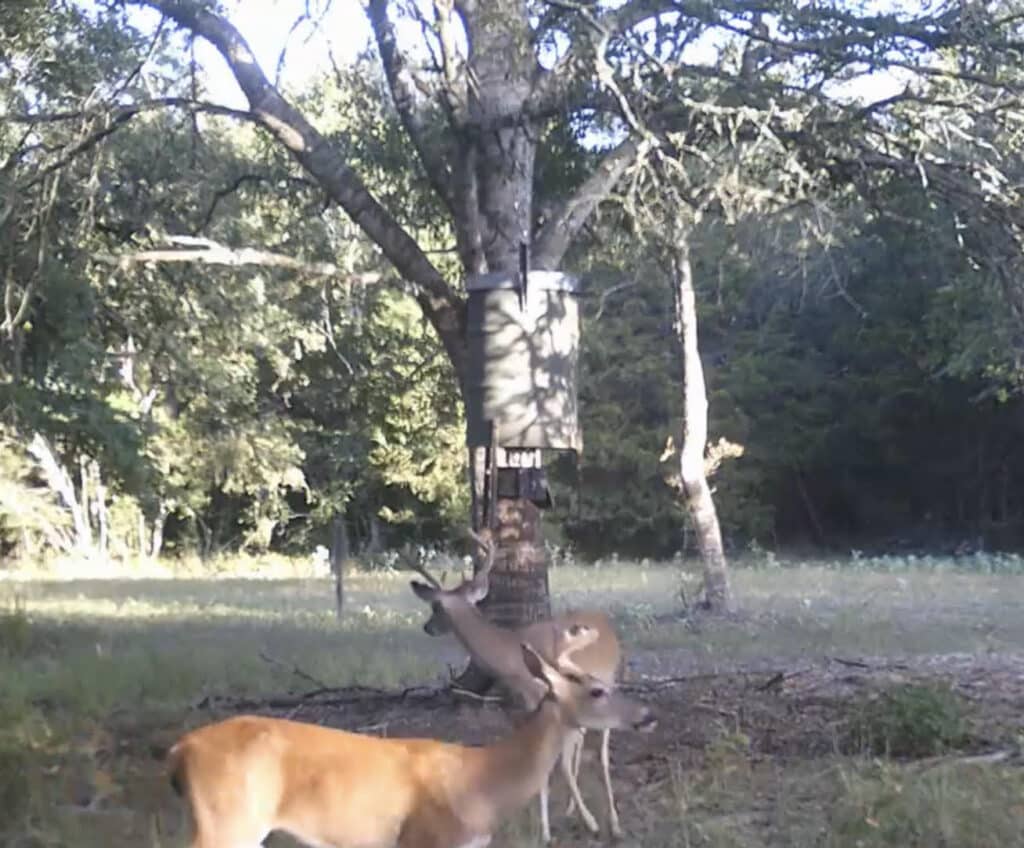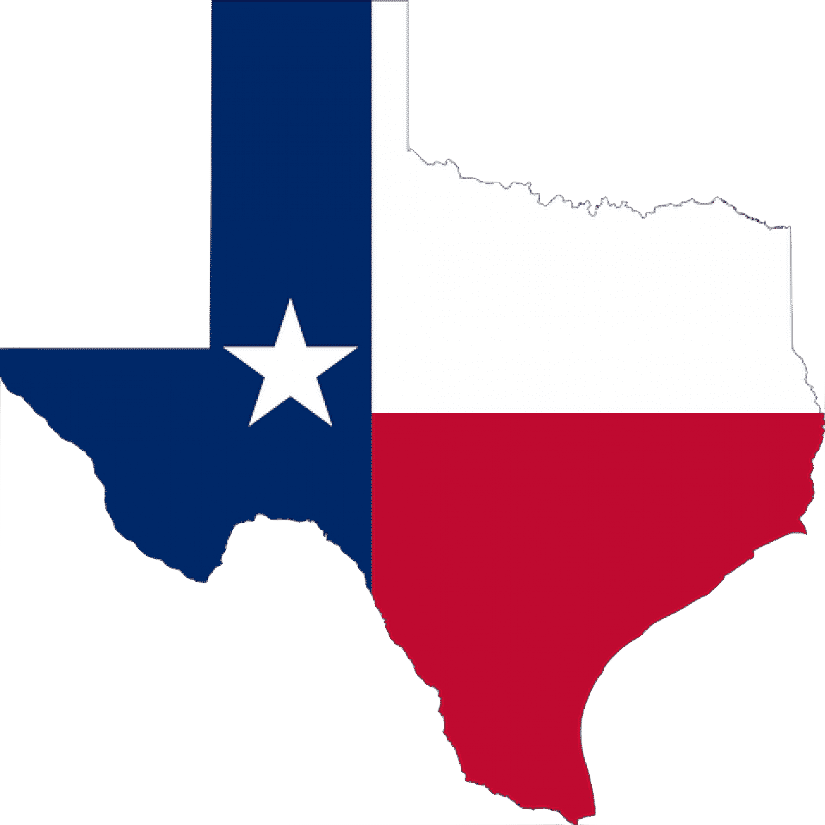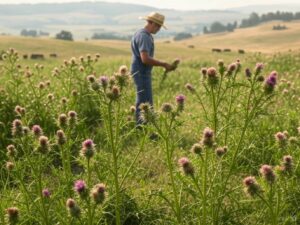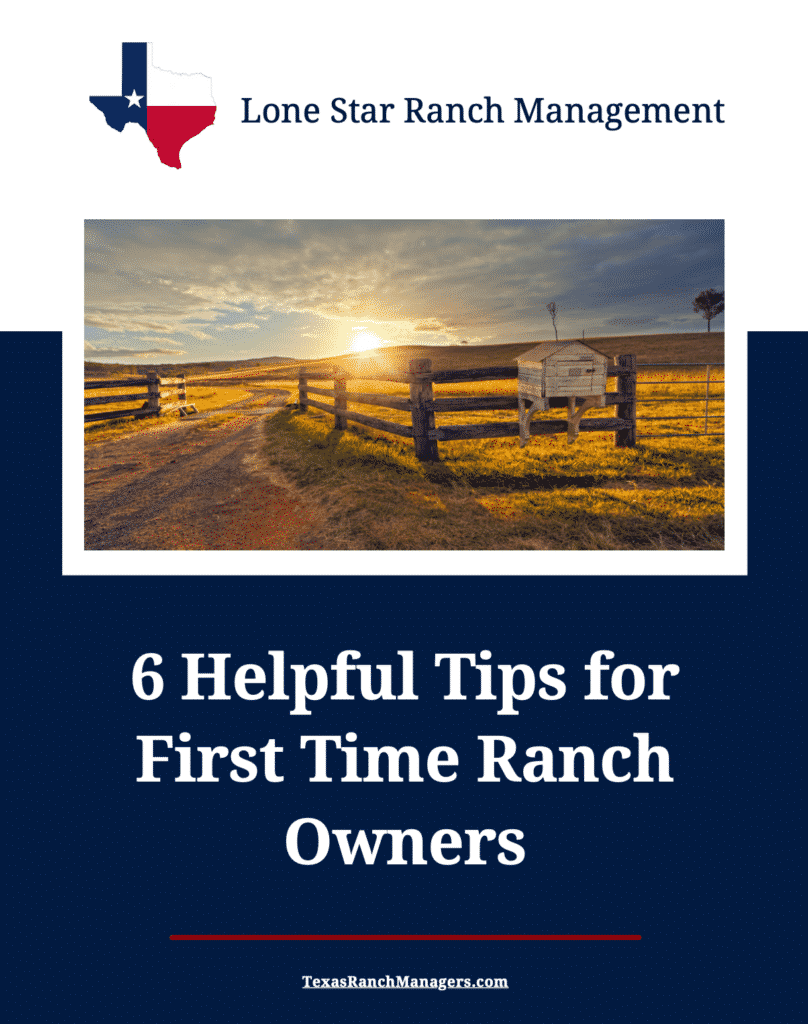Chances are that if you have hunted deer in the Lone Star state, you baited the deer with corn. Corn has long been the go-to resource when preparing for hunting season, and wide life managers have used it as part of their supplemental food management plans for many years. But, is corn really a good supplemental food for deer?
Why Provide Supplemental Food for Deer?
There are 3 reasons why ranchers and/or hunters decide to provide supplemental food for deer: baiting, relieving stress periods, and enhancing deer physically.
- Baiting – placing food (typically corn) around a hunting area and in shooting lanes to draw deer to location, normally done about 6 weeks before the opening of deer hunting season
- Relieving Stress Periods – placing food supplements in designated areas during winter months, extreme heat, and droughts when natural food sources are scarce and when deer are struggling to find food
- Enhancing Deer Physically – providing supplemental food that will help deer develop stronger muscles, grow bigger, generate healthier looking coats, and produce larger antlers
What Does a Deer’s Digestive System Need?
A deer’s digestive system can actually be quite fickle. They are herbivores and do not eat meat, but their digestive system requires high levels of protein to properly function. Most people assume incorrectly, that they graze on grass like cows with similar digestive systems; however, in reality, deer prefer leaves, bushes, seeds, etc. that are high in protein and facilitate growth, muscle strength, and antler production in addition to being easier to work through their digestive system.
Without the proper balance of nutrients and proteins, a deer’s digestive system can become sluggish leading to bloating, constipation, and disease.

What are the Benefits of Including Corn as a Supplemental Food?
Hunters and ranchers use corn to supplement food because it tends to be cheaper than other sources making it an economically smart choice. Additionally, deer are attracted to it because of its carbohydrate boost which will draw the deer out for hunters. Lastly, corn is pretty easy to obtain during stress periods when deer have less food sources.
What are the Cons for Using Corn as Supplemental Food?
One of the biggest downsides to using corn as a supplemental food is that corn is high in carbohydrates and very low in nutritional value. Corn will not help deer to grow and become healthier. Instead, corn is harder on a deer’s digestive system. If the deer only feed on corn alone, they can become malnourished and sickly.
Furthermore, if corn is not stored properly, it can grow mold and fungi. If deer eat contaminated corn, they can develop diseases and illnesses that lead to death.
Lastly, having corn spread out in areas can draw unwanted birds, hogs, squirrels, etc. These animals have the potential to reduce the natural food resources causing deer to become even more dependent on supplemental food sources.
Conclusion
Is corn a good supplemental food for deer? Yes, it can be if it is used as a small part of a larger, well balanced supplemental food management plan. No, it can not be good if it is not stored properly and is the main source of food for deer. Moderation with responsibility is the key.
Are you wanting to find alternatives to corn and/or wanting to institute a well-balanced supplemental food management program? Then let Lone Star Ranch Management help. Contact Ryan at 979-253-9662 or at ryan@texasranchmanagers.com to learn more.
Additional Resources
Texas A&M Agrilife Extension’s Supplemental Feeding of White Tail Deer
EWF-032-Supplemental-Feeding-of-White-Tailed-Deer.pdf (tamu.edu)
Caesar Kleberg Wildlife Research Institute’s “Corn in Deer Management – Too Much of a Good Thing?”
https://www.ckwri.tamuk.edu/sites/default/files/pdf-attachment/2016-05/january_2013.pdf






